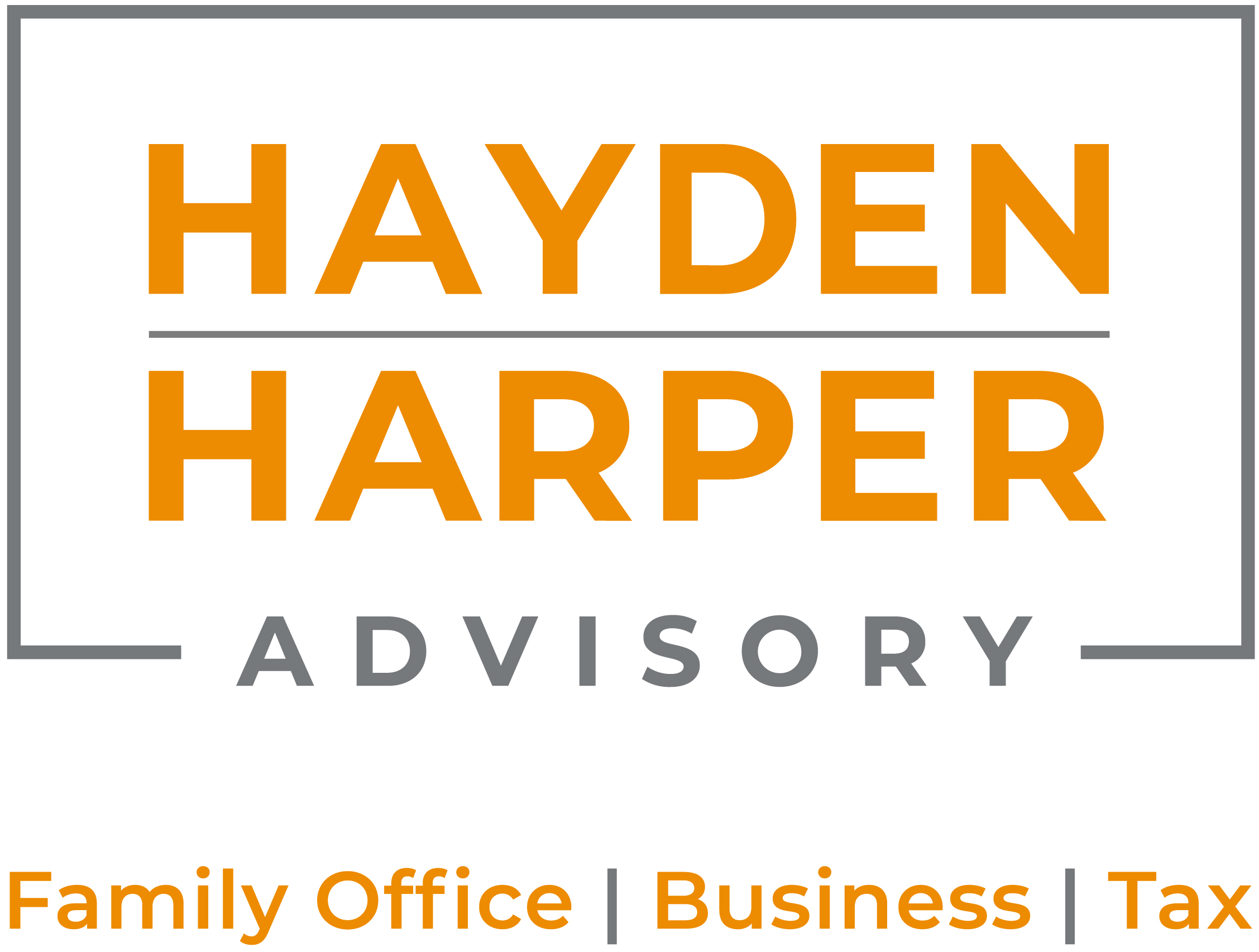November 28, 2016
The rout in the bond market appears to have gotten the attention of central bankers. Recent actions and announcements by the ECB and BOJ suggest central banks remain committed to maintaining control of asset prices.
After Japan’s 10yr yield recently turned positive, the BOJ took action. According to a November 17 Bloomberg article, “BOJ Fires Warning at Bond Market With Pledge of Unlimited Buying”, the Bank of Japan announced it purchased bonds in an attempt to keep its 10yr yield near 0%. While Japan’s 10yr bond is currently only yielding 0.03%, it’s up significantly from its record low of -0.3% last July. According to Bloomberg, the Bank of Japan’s Governor, Haruhiko Kuroda “reiterated the BOJ is aiming for a 10-year yield of ‘about’ zero percent”. The article also states the Bank of Japan “stands ready to conduct fixed-rate JGB purchase operations at set or unlimited amounts ‘in case of a spike in interest rates’ to prevent yields from ‘deviating substantially’ from target levels.”
Following Japan’s lead, the European Central Bank attempted to calm financial markets last week. According to the November 24 Bloomberg article “ECB Says It Can Shield Euro Area From Financial Global Instability”, “The European Central Bank is confident it will be able to continue shielding the euro area from the risk of a sudden correction in asset prices, after political events such as the election of Donald Trump threaten to increase volatility in coming months.” The article quoted the ECB’s Vice President Vitor Constancio, “The ECB will continue to exert its stabilizing role, so I don’t think there will be significant contagion to Europe.”
In all of my years of studying investing, I do not remember a class or book discussing how to account for central banks buying “unlimited” amounts of assets and “shielding” investors from risk. Do investment courses and books need to be rewritten? I continue to believe central bank policies will be deemed counterproductive and investing, along with free markets, will return. But what if investing and free markets don’t return? What if investors and markets allow central bank balance sheets grow to $10 trillion, $20 trillion, and beyond?
Considering central bank words and actions are currently the main drivers of asset prices, maybe it’s time higher education and the CFA Institute consider altering their curriculum to include guidance on how to invest in financial markets dominated by central banks. In addition to new rules and courses on investing, should code of ethics also be revised for the new world of central bank law and order?
When I enrolled in the CFA program I agreed to follow their code of ethics. Doing the right thing for clients is its foundation. The code of ethics specifically addresses “duties to clients” stating, “Members and Candidates have a duty of loyalty to their clients and must act with reasonable care and exercise prudent judgment. Members and Candidates must act for the benefit of their clients and place their clients’ interests before their employer’s or their own interests.”
In my opinion, the current market cycle and its extreme level and broadness of overvaluation has made it challenging to comply with ethical standards related to prudence and reasonable care. Asset inflation has infected every asset class in one way or another. While bond yields have risen recently, they remain near record lows and, in my opinion, do not adequately compensate investors for risk assumed. Depending on your preferred valuation measure, stocks are also trading near or above record highs, especially on a median basis. On average, prices and valuations of my opportunity set (2.1x sales and 32x earnings) are unjustifiable when using realistic valuation assumptions (irrational small cap prices were one of the main reasons I recommended returning capital to clients).
It’s highly unlikely that the creators of ethical standards envisioned the current investment environment – when central banks inflate almost all asset prices to imprudent levels. In effect, how can participants in the investment management industry act prudently and with reasonable care when asset inflation is so broad based? And how are portfolio managers expected to act responsibly when policy makers are encouraging them to act irresponsibly? Does anyone really believe central banks want bond managers to sell their long bonds because they’re not getting adequately paid? Absolutely not. Just look at recent encouraging “we’ve got your back” statements and actions by the ECB and BOJ. Or what about equity managers crowding into the most popular and most overvalued stocks? Do you think central banks want these managers to sell and create financial instability? Absolutely not. Central banks want and need asset inflation – they’ve been clear about the benefits of higher prices and how they will respond to protect economies from financial instability.
Is it time to revise code of ethics to take into consideration periods of unjustifiable asset prices and relentless central bank intervention? It’s an interesting (and possibly uncomfortable) subject. How do ethical standards and concepts like fiduciary duty coexist in a world with rotating asset bubbles and extensive asset inflation?
What about passive investors and closet index huggers? How can passive mangers follow ethical standards that require prudence and due diligence? The CFA Institute’s code of ethics states, “Members and Candidates must exercise diligence, independence, and thoroughness in analyzing investments, making investment recommendations, and taking investment actions.” How much diligence and thoroughness is being done by passive managers or advisors when they allocate capital to risks assets? The standard goes on and states Members and Candidates must “have a reasonable and adequate basis, supported by appropriate research and investigation, for any investment analysis, recommendation, or action.” Do passive investors get a pass on these rules?
The investment landscape and industry has changed tremendously since the 2008-2009 market crash. While things continue to change quickly, one thing should stay constant – common sense ethical standards for allocating other peoples’ money. Regardless of career and business risk, professional investors should not knowingly overpay for assets simply to remain invested. In my opinion, if the price of an asset cannot be justified based on an “adequate and reasonable basis” and the investment is not supported by “appropriate research”, it should not be purchased.
While I’m not expecting the asset management industry to return capital to clients, there are other options such as investment mandates that provide flexibility and reducing the industry’s obsession with near-term relative returns. In periods of extensive overvaluation, I believe it is very difficult to maintain true to ethical standards with a fully invested mandate and a relative return focus. In my opinion, when the current cycle ends, investment decisions based on central bank reassurances, TINA, and chasing relative returns, will not seem reasonable or prudent. Instead of revising ethical standards, I suggest revising mandates, objectives, and disciplines in a manner that provides managers with the ability to comply.


